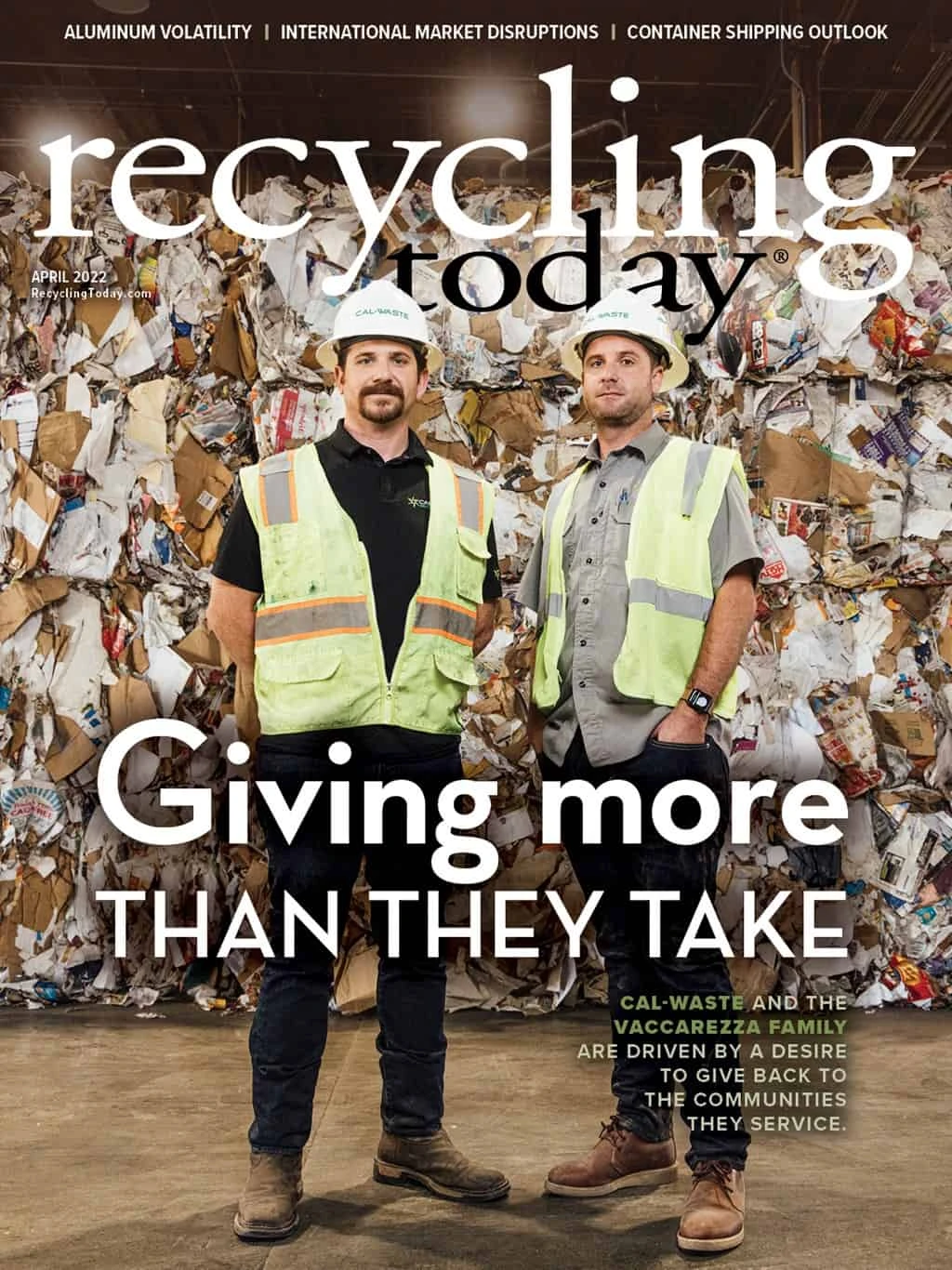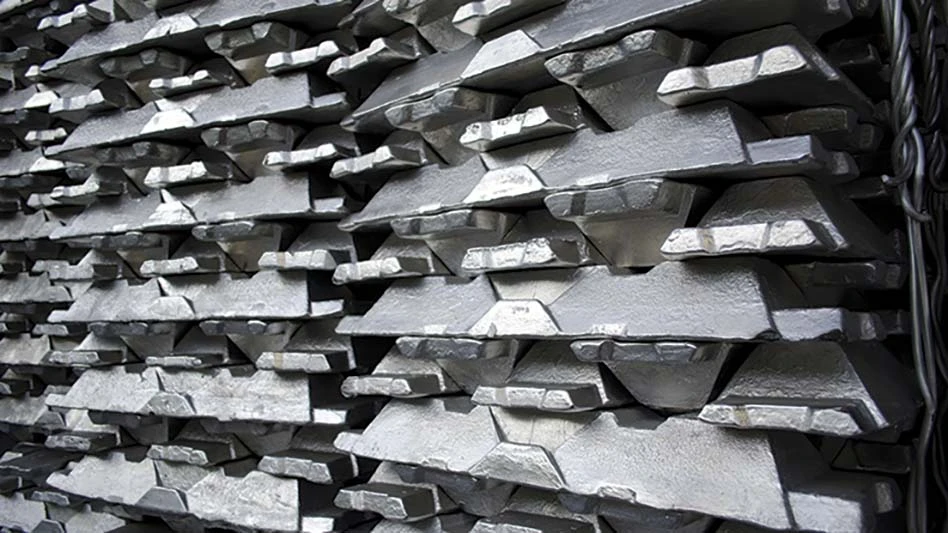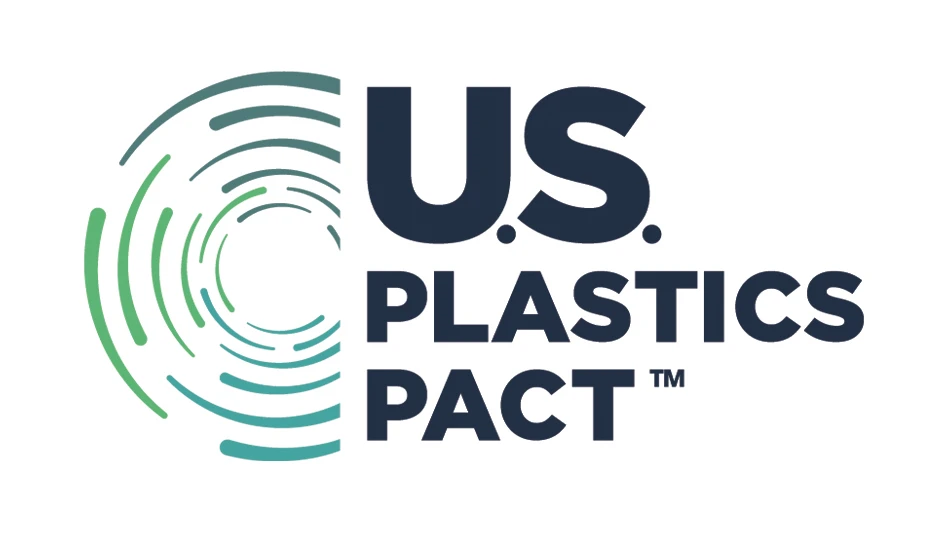Emily Molstad
Co-founder and CEO of Valis

Emily Molstad has had a passion for sustainability for as long as she can remember, finding a love of nature from a young age growing up in Newington, Connecticut, a few miles south of Hartford. Given that passion, she decided to pursue a degree in environmental engineering from Worcester Polytechnic Institute (WPI) in Worcester, Massachusetts.
While attending WPI, Molstad took a course called “Recycle the World”—a project-based course for first-year students that offered hands-on experience with recycling—that provided her “first exposure to the full look of the industry.”
Molstad is the co-founder and CEO of Valis, an offshoot of Worcester-based Solvus Global that provides process optimization software that integrates with sensor-based recycling technology to capture material data and additional industry data streams. She provides process optimization for recycling postconsumer material and works with scrap processors to adapt to the “ever-changing material consumption climate.”
She shares her journey to the scrap recycling industry with Recycling Today as well as her take on current market volatility, the benefits of sensor-based sorting and how to engage more young people in the industry.
”It’s almost like this hidden-gem industry where there’s so much potential and so much opportunity.”
Recycling Today (RT): What are some of the biggest challenges that stand out when looking at current scrap processing trends?
Emily Molstad (EM): There’s a large degree of market volatility when it comes down to—especially on the nonferrous side—what is the most profitable or highest-value product that can be created given the technology. That’s made it difficult for scrap processors to be able to assess the economics of purchasing these sorting systems because you can have instances right now where selling mixed material makes the most economic sense. But then there’s a growing need for further separation—alloy separation. ... So, scrap processors really need to understand exactly the quality of the material they have on their plant floor, what the possibilities are for package creation and the ultimate value of that material.
RT: Have you seen any technologies in the industry you think would be beneficial for it to embrace or developments when it comes to scrap processing that will benefit the industry?
EM: [In terms of] the physical systems, [that] would be the further adoption of sensor-based sorting. Whether that’s XRF (X-ray fluorescence) for heavy nonferrous or LIBS (laser-induced breakdown spectroscopy) for aluminum sortation, further adoption of those systems is really critical to creating high-value further-separated products. And then the adoption of digitalization software tools and artificial intelligence (AI) tools.
There’s a wealth of data being generated across the industry, and there’s still a degree of it coming through manual- or hand-ticketing ... and any further automation [or] consolidation of data and then feeding that into AI tools will enable exponential growth and optimization of metal recycling.
RT: Are you seeing more participation from young people, and young women in particular, in the recycling industry?
EM: It’s almost like this hidden-gem industry where there’s so much potential and so much opportunity. ... [W]hen going to school for software engineering and ... data science, they may not see recycling as a pathway for that application within their careers—and it really is. It’s a sustainable, high-value, high-impact industry to be a part of, and there’s opportunities not just with working at a scrap plant but all the way to delivering tools and solutions to the industry.

Explore the April 2022 Issue
Check out more from this issue and find your next story to read.
Latest from Recycling Today
- PCA reports profitable Q1
- British Steel mill subject of UK government intervention
- NRC seeks speakers for October event
- LME identifies Hong Kong warehouses
- Greenville, Mississippi, launches aluminum can recycling program
- Cotton Lives On kicks off 2025 recycling activities
- Georgia-Pacific names president of corrugated business
- Sev.en Global Investments completes acquisitions of Celsa Steel UK, Celsa Nordic





